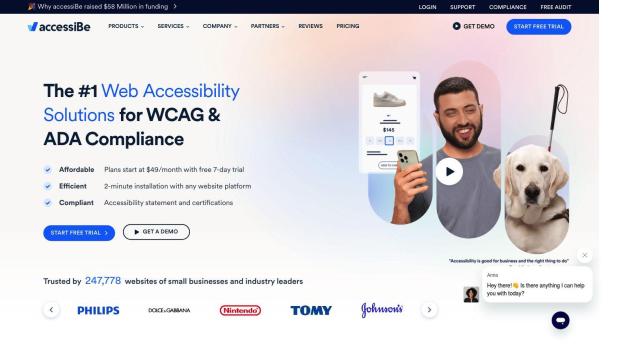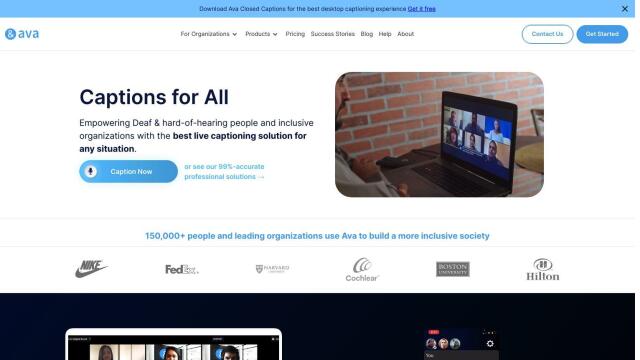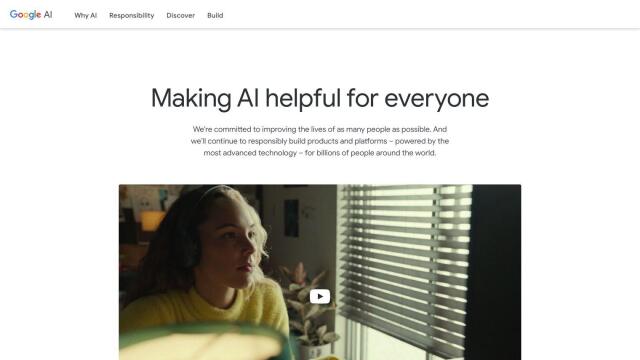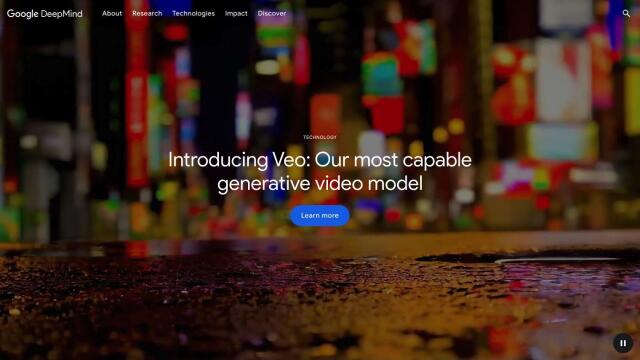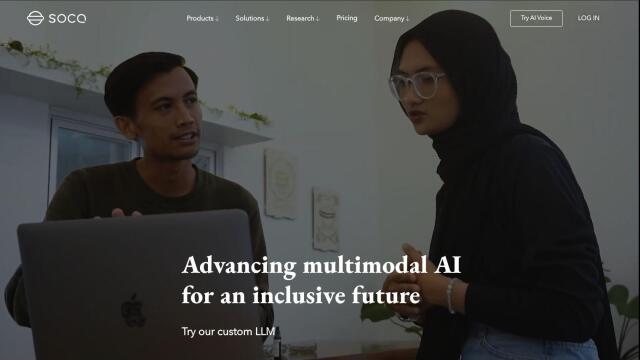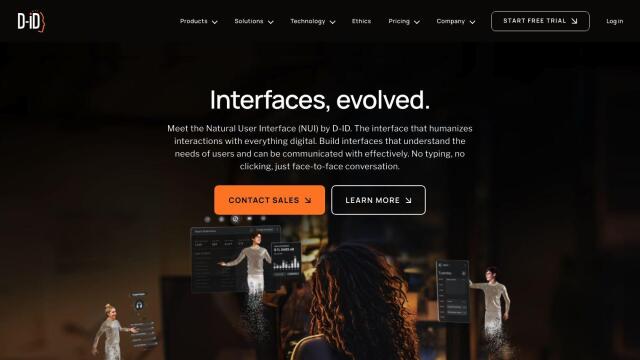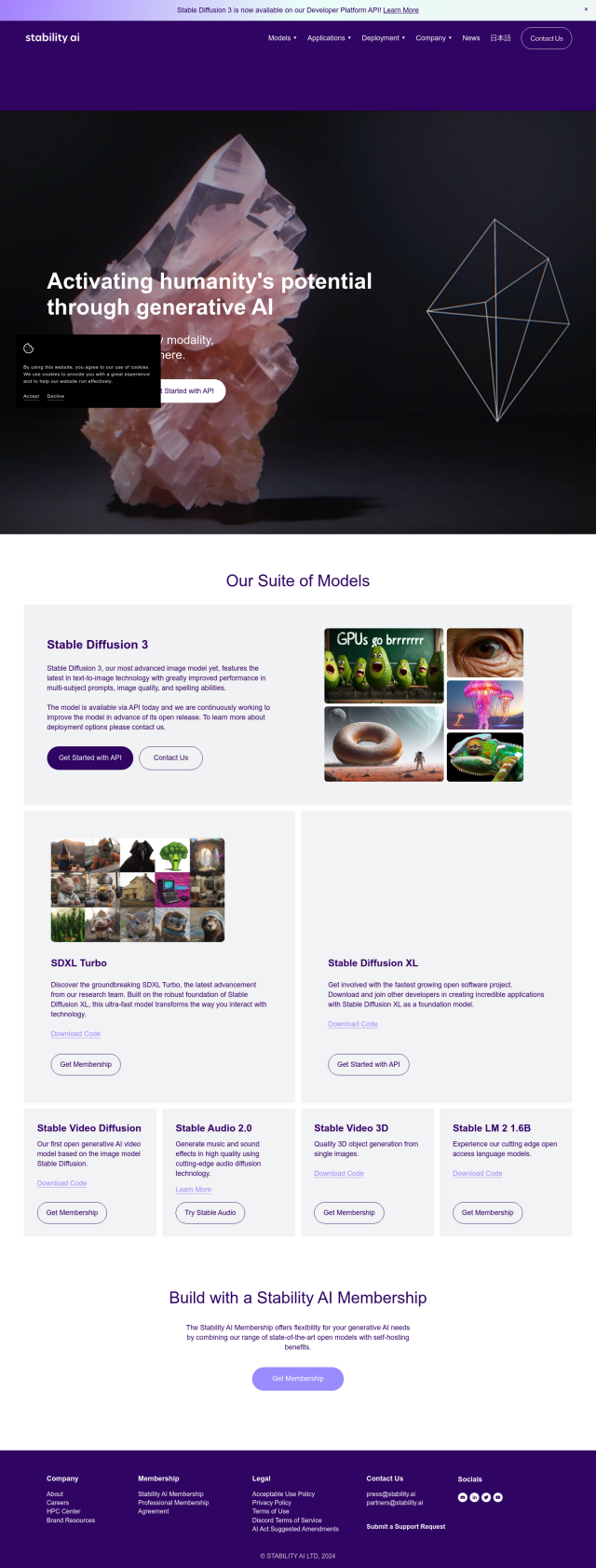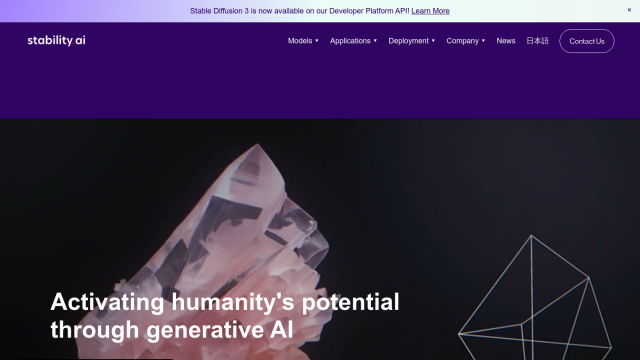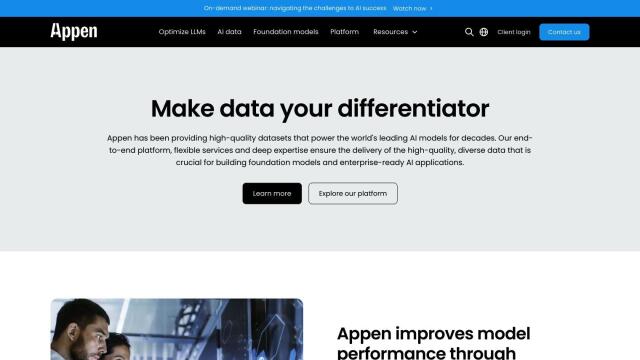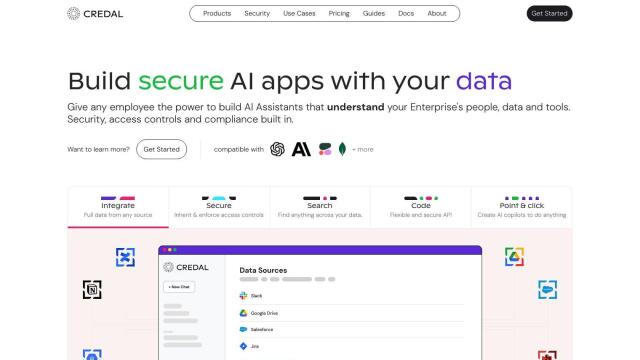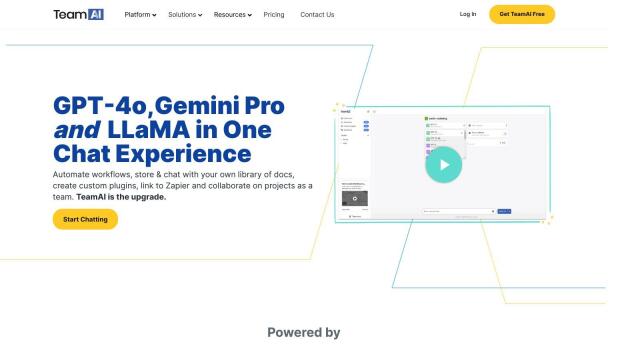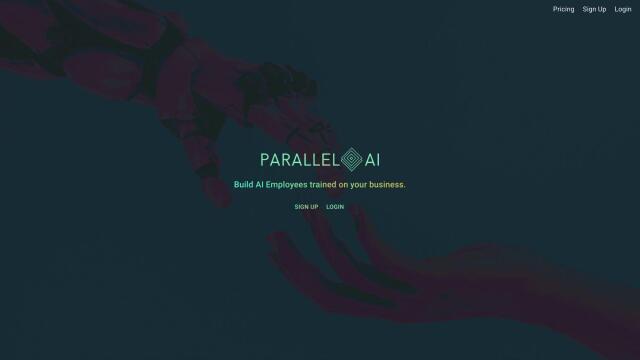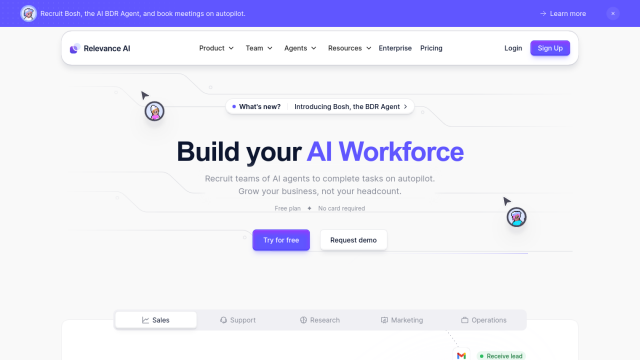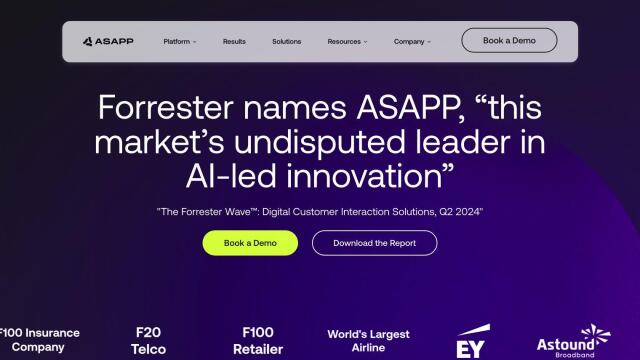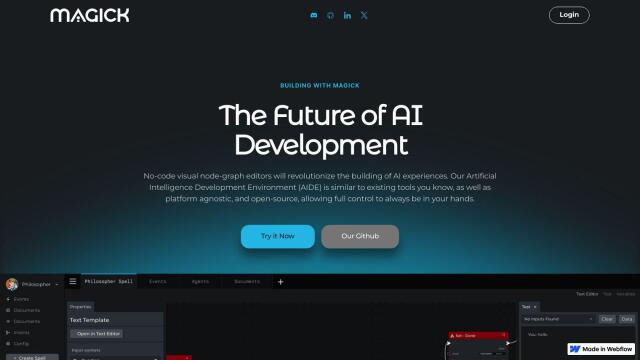Question: Is there a solution that combines AI technology and inclusive design to make digital services fairer for all users?

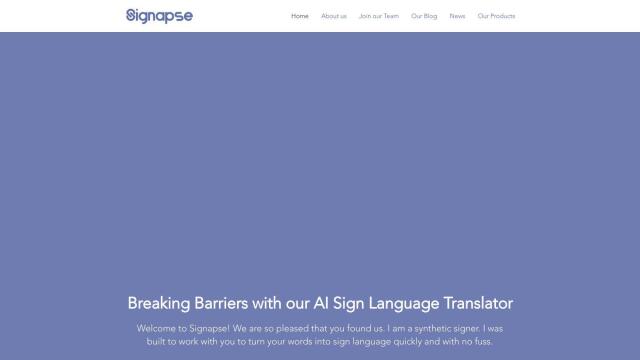
Signapse
For a solution that marries AI technology with inclusive design to make digital services more equitable for all users, Signapse is a great platform. The AI-powered system offers automatic sign language translation through a photo-realistic synthetic signer, helping to address the accessibility barriers faced by the Deaf community. With features like automatic sign language announcements for public areas, website translation, and video translation, it helps to create a more accessible environment for Deaf users.

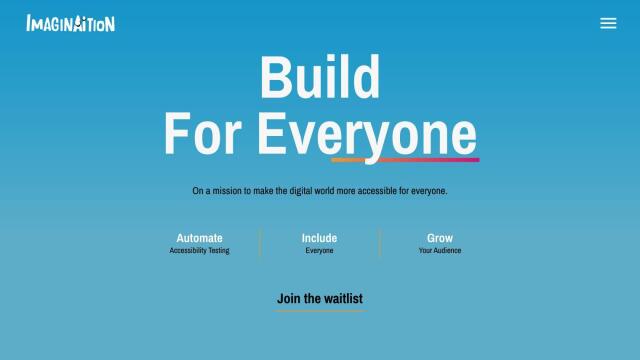
IMAGINaiTION
Another interesting project is IMAGINaiTION, which aims to help mobile app developers create more accessible and inclusive apps. Using AI-based technologies, it performs detailed accessibility assessments and offers actionable recommendations to developers, resulting in a better user experience for people with neurodivergence and compliance with accessibility standards around the world.

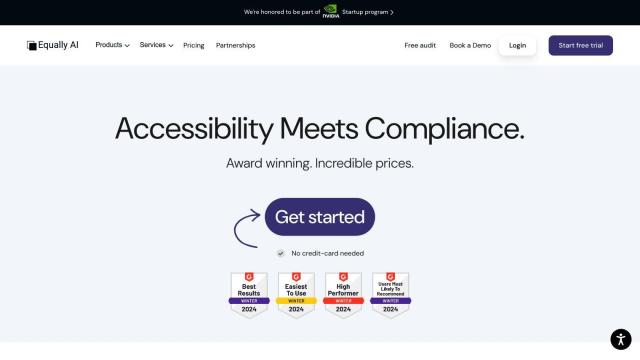
Equally AI
For those working on web accessibility, Equally AI is a no-code platform that automates accessibility standards compliance like ADA, Section 508 and WCAG. It has a collaborative dashboard and integrates with popular web development tools, making it a powerful solution for businesses of all sizes to ensure their websites are accessible and compliant.

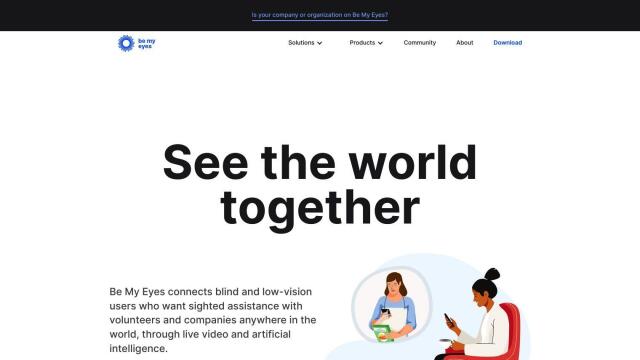
Be My Eyes
Last, Be My Eyes improves accessibility by connecting blind and low-vision users with sighted volunteers and businesses. It uses live video and AI to offer services like photo description and live support, offering businesses a way to improve customer service and inclusivity.

